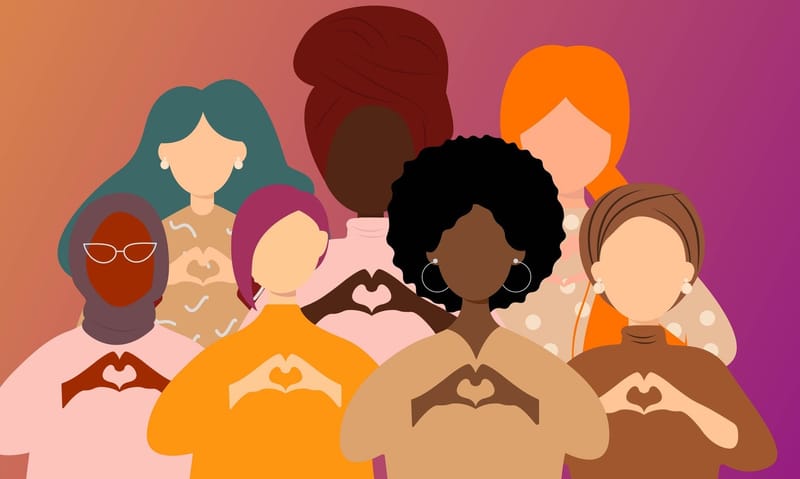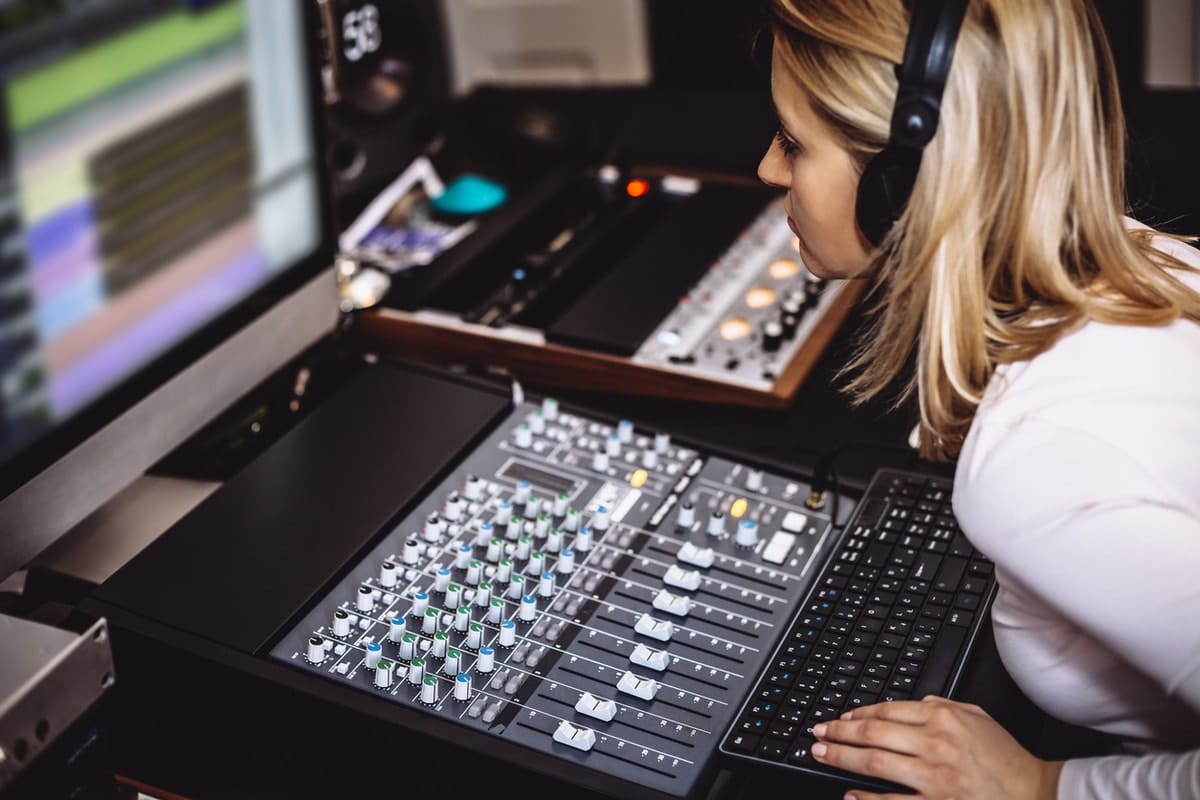
This is an exciting time for women in music. After years of activism, it seems the contributions of women to Australian music culture are being noticed – and, importantly, expected.
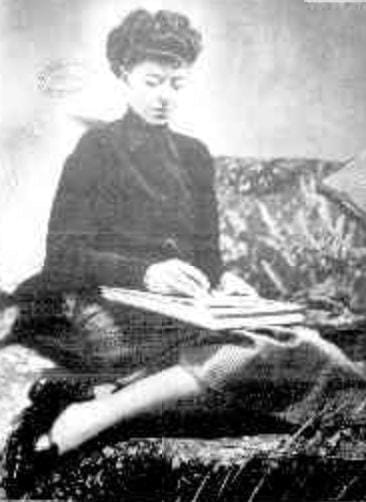
In Western art music, we’re building on contributions by individuals such as composer and critic Peggy Glanville Hicks in the mid-20th century, an artist who needed to leave Australia to establish her career. Celebrations of music by women, such as the Composing Women’s Festival founded by Becky Llewellyn in the 1980s, provided a platform to highlight women’s contributions. Research and academic publications by Australian musicologists such as Sally McArthur continue to highlight women’s work as composers, and the disparity they often face.
Thanks to these contributions, and others like them, women are now becoming visible as the thought leaders they really are.
Gender representation in popular, jazz and film music is also being examined. Scholarship continues to grow, with important industry reports being commissioned by academics such as Catherine Strong and Clare Hall.
The Australian Women in Music Awards inaugurated in 2018 highlights women’s contributions, including a wider spectrum of recognition to include Indigenous and community contributions, in direct opposition to the Aria Awards, where women are rarely featured.
Triple J’s By the Numbers is an annual report released each international Women’s Day. It looks at women’s representation in radio play, festival line-ups, on boards and in education, and is showing a slow but steady increase in participation, yet highlights the lack of women at the higher levels of administration and success, with less than 40 per cent of board members being women.
For the greater good
So, why does this matter? Apart from the fact that women make up about half of the population, and of post-secondary music students, they also comprise a large percentage of audiences. Everyone benefits from participation in the arts, as it builds culture, community and wellbeing. To create meaningful artistic experiences for all people, women need to be featured in administrative decision-making as well as artistic roles. This can only happen if both men and women continue to work to discover and remove barriers for women’s participation at these levels, as we’ve done in other areas of music practice.
We’re seeing women artists stepping into cultural leadership. A range of Australian women are increasingly audible on international stages, but choose to continue living in Australia, meaning their contributions make an impact on the scene here.
Established performers and composers such as Deborah Cheetham, Claire Edwardes, Genevieve Lacey, Liza Lim, Gabriella Smart, Vanessa Tomlinson and many others maintain international careers while contributing to the Australian community. They come together to form a powerful voice, most recently in an organised call for systemic transformation for gender representation in opera, that has led to the formation of a working group towards change.
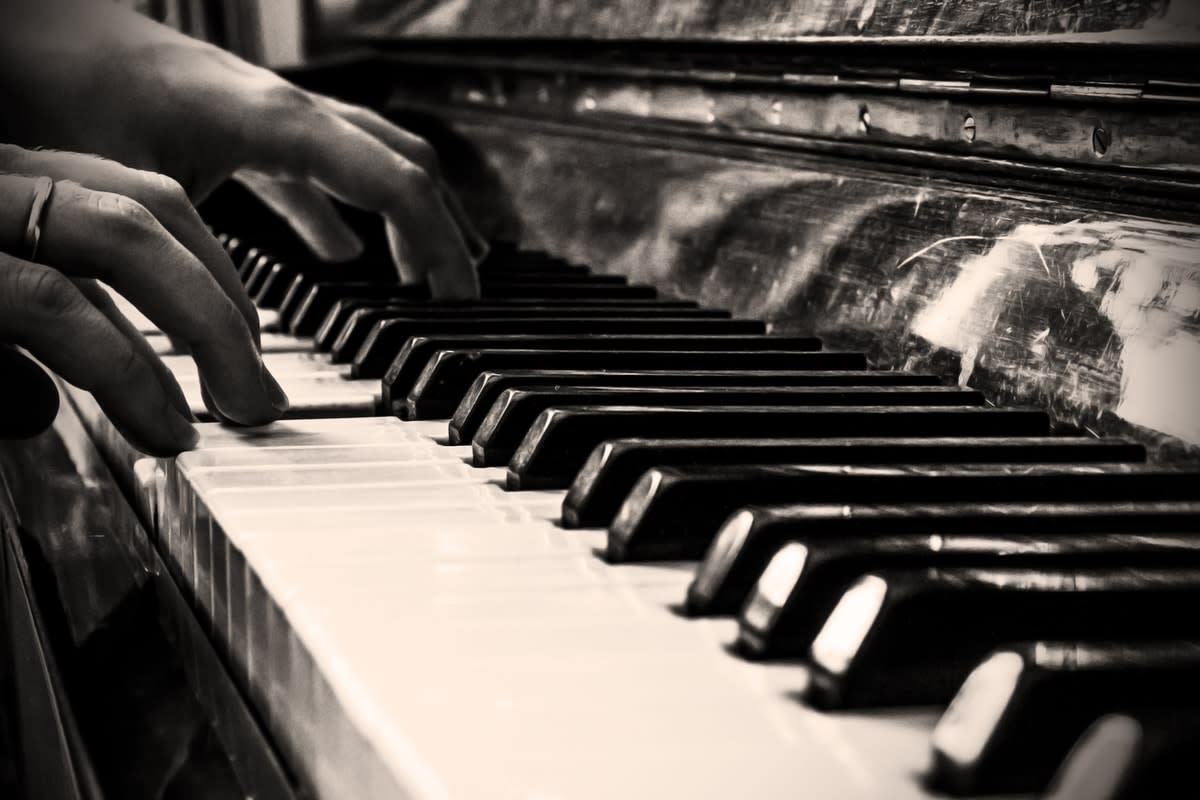
Building future leaders is a key part of ensuring women enter leadership roles, and mentoring has been identified as a successful method for doing so. Research shows that men are less likely to mentor women, which can become a problem in male-dominated areas.
Music is pioneering mixed mentoring approaches where men and women work together to support emergent leaders. The Melbourne International Jazz Festival’s Take Note project supports an emerging female jazz artist with a tailored career development package that includes leading workshops in high schools. The biennial Summers Night Project has a team of performers, composers and music industry advocates mentor five women via the creation of works that are then then toured around Australia. The impact of these recent programs will only be understood as beneficiaries flow through the system.
Tertiary initiatives
In tertiary education, the Sydney Conservatorium runs a Composing Women Program offering international opportunities for women composers undertaking graduate studies in music. Sir Zelman Cowen School of Music at Monash University is the first Australian tertiary institution to sign up to the Keychange pledge, an international project working towards a 50/50 gender split across music activity by 2022 – within the concert repertoire, visiting artists, the music canon, and the staff that teach it across classical, popular, music technology, jazz, and improvisation.
On International Women’s Day this year, Monash launches the International Women’s Day Commission, a $10 000 prize awarded to a female composer of any style of music or stage in their career to write a piece for one of the many ensembles at the School of Music. It’s the only award of its kind.
A range of Australian women are increasingly audible on international stages, but choose to continue living in Australia, meaning their contributions make an impact on the scene here.
This is not the only time there’s been a campaign for gender equality in music – in many ways it mirrors a surge of activity seen in the 1980s that was followed by a return to a lack of representation. This could be a result of gender fatigue, where workplaces see further advances in gender equality as a “non-issue”, providing challenges for areas that are still progressing equality.
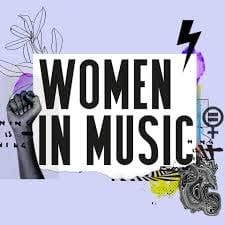
Long-lasting change will only be achieved with a more in-depth understanding of the intersection of gendered power with other forms of inequality, and the ongoing interrogation of this issue. The consideration of gender as a diverse spectrum rather than a binary is needed to ensure the inclusion of opportunities for LGBTQI+ communities, and currently many of the projects established to support women invite applications and contributions from gender minorities to take part.
A diverse participation in art-making and reception is a key ingredient for a flourishing cultural life. Australia needs this more than ever. Diverse leadership for the music industry will ensure that participation takes place.



